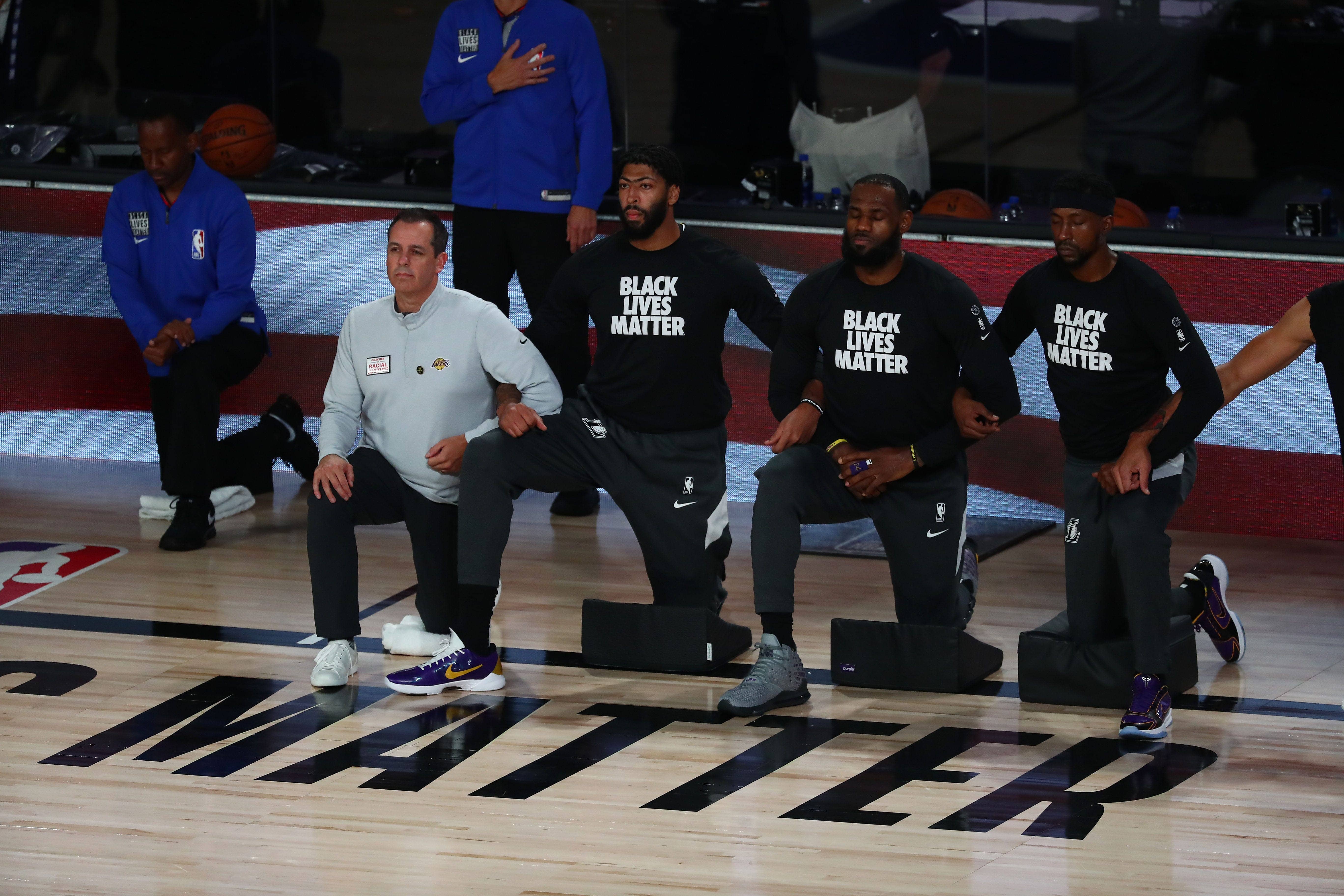
In recent years, as activism has become more common in sports, some fans have gotten angry. They’ve lashed out at athletes on social media and demanded that they “stick to sports.” Some have even stopped watching sports altogether.
Sports columnist and podcast host Jemele Hill has some advice for those people.
“If they really think about it and have an honest moment with themselves, they would probably admit that the reason that they want you to stick to sports is because they have a luxury of existing in a vacuum where that’s all they can care about or that’s all that matters to them,” Hill told JR SportBrief. “Sometimes it just boils down to the fact that they don’t agree with what’s being said. When ESPN launched the Jimmy V Foundation, nobody told ESPN to stick to sports. You know why? Because we can all agree that cancer is awful.
“But what you find when athletes – especially black athletes – are speaking up about racial injustice, it’s always a debate. Why are we still debating racism? You’re either for it, or you’re against it. It’s pretty simple. I think some of those people who want you and me to stick to sports, it’s about what’s being said and that’s really more bothersome because they don’t want to be reminded.”
Hill has written extensively about the intersection of sports, politics, and race. Some people, she says, don’t want to hear about racism or injustice because they are unaffected by it. Many Black people, however, do not have that same luxury.
“Look, I’d love to wake up and act like I wasn’t black or not be black for a moment and not experience some of the emotions that I’ve experienced for the last three or four months,” Hill said, “but I don’t get that luxury. We have to stop pretending that sports is happening on one side of the planet and everything else is happening on the other side. It’s never been that way. A lot of times sports has been the driver of change before everything else.”
Jackie Robinson, for example, integrated baseball in 1947. The Civil Rights Act wasn’t passed until 1964.
“He came almost 20 years before his time,” Hill said. “Had that been the attitude, then that never happened. That doesn’t drag society along with it. A lot of times sports, through these conversations, tells people what’s possible. It gives them hope to see that you have athletes from across several different sports banding together to fight racism. That should give you hope. You should be encouraged by seeing that, and it should make you want to make some changes and be more dedicated in your own life.”
As Hill pointed out, the very act of attending a sporting event is a political statement.
“If you’ve ever walked into an arena or stadium and paid for a ticket, you’ve instantly made sports political,” she said. “When owners need new stadiums and they need new arenas and need new facilities, who do they come to? The taxpayers. So sports is automatically political just by you consuming it. I think people just like to pick and choose whatever makes them comfortable, and I’m glad that sports is making a lot of people uncomfortable. Most of us, we’d love to be able to watch a game and not think about some things that are happening in our country, but we don’t get that luxury to do so. We got to be okay with sitting in that kind of discomfort.”





